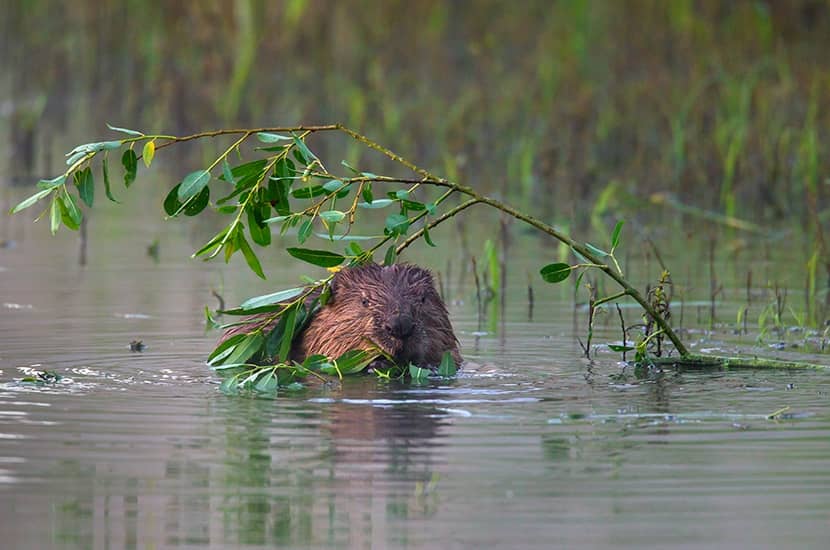As the start date of COP26 draws closer, and just when we are assailed by daily proof of climate chaos, it is easy to think that this is the only threat to the global environment. It is not. Systemic biological loss assails the world and, while it is closely related to the issues of climate, it is a standalone matter with many separate antecedents.
The English in particular should know all about it. On what is called the Biological Intactness Index we are judged to be the seventh most degraded national environment on Earth. Species loss here originates from many causes, but primarily from 80 years of intensive agriculture.
This is the main theme of Karen Lloyd’s Abundance, but it is also about how we can reverse these losses. It is noteworthy for its impressive lyricism, the experimental nature of its format and for the philosophical richness and variety of its content. But it is chiefly memorable for its upbeat, optimistic spirit.
Lloyd is determined to find good news where darkness often prevails — hence her subtitle ‘Nature in Recovery’. She has thus embarked on a journey through Britain and across parts of Europe to find places where humans and natural abundance are still in equilibrium. They include the Carpathian forests of Romania where lynxes, bears and wolves have free rein as apex predators. She also crosses the Extremaduran plains of southern Spain to see the thousands of breeding vultures and visiting cranes that feed winter long on acorns beneath the wood pastures.
Her accounts of these areas are full of exuberant delight. Yet you might easily conclude that in some of them abundance is merely a matter of luck: Spain, with its million spare hectares of vulture-rich woodland, happens to have more space than England.







Comments
Join the debate for just £1 a month
Be part of the conversation with other Spectator readers by getting your first three months for £3.
UNLOCK ACCESS Just £1 a monthAlready a subscriber? Log in